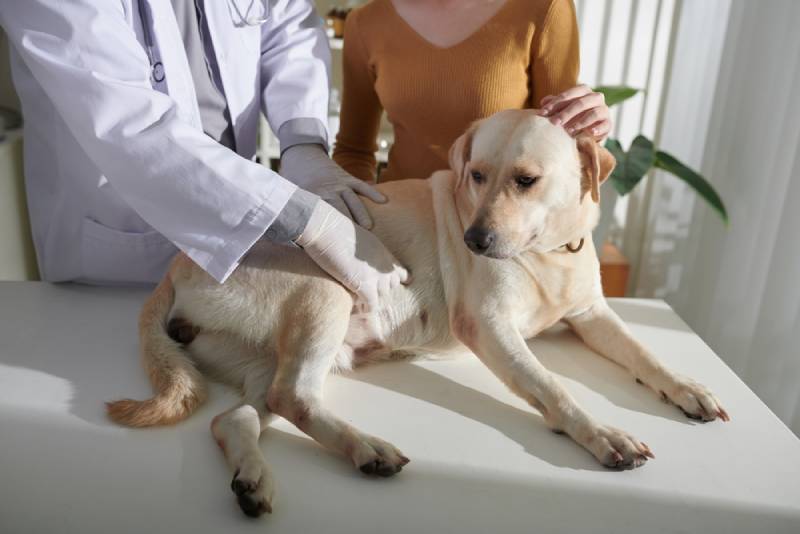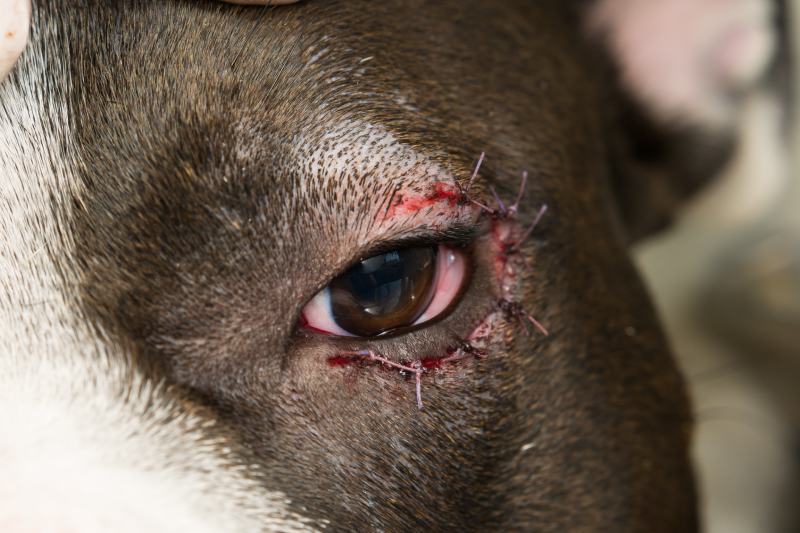How to Care for Pets While Serving in the Military: 12 Expert Tips
Updated on
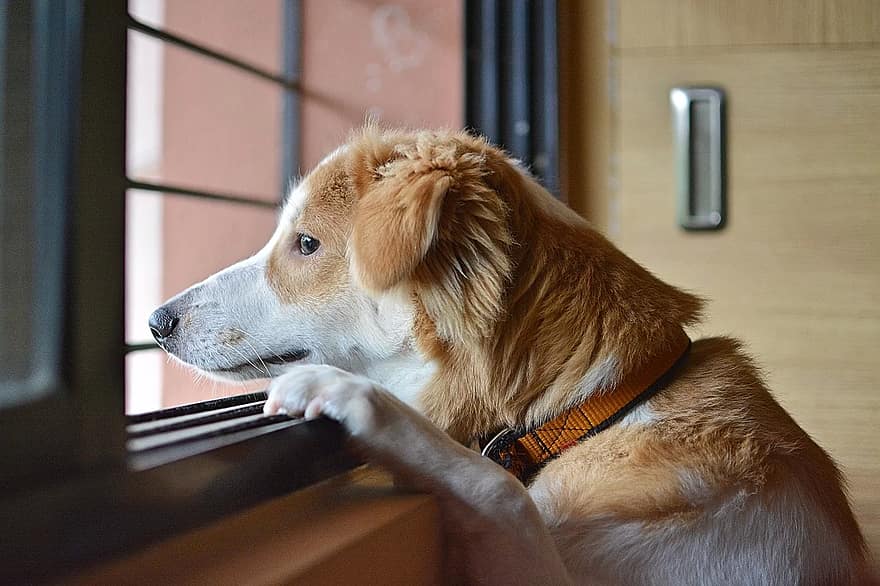
The pet owners among the roughly 2.13 million active military personnel share the same concern: what are my options for my pet if I pursue my military career? The first question is whether you can take your furry friend with you. It might be on the table if you get a permanent change-of-station (PCS) to military-owned housing. Nevertheless, undoubtedly, restrictions and regulations will apply.
Our tips cover situations where you can’t bring your dog or cat with you. However, some are equally relevant no matter where you live.
The 12 Tips for Caring for Pets While Serving in the Military
1. Make a Plan
We think this tip is the best advice we can offer military personnel. This career demands your undivided attention. It’s physically and mentally demanding, and it can be challenging to stay focused under normal circumstances, let alone when you have to make a tough choice without time to consider your options.
If you must leave your pet with someone else, it will make things infinitely easier and less stressful for your animal companion’s caregiver if you write down a plan for everything regarding your pet. It also ensures your wishes for your pet are clear. It’s not easy, but it’s necessary. The Red Cross’s Pre-Deployment Preparedness Tool can help when it comes to preparing for deployment.
2. Answer the Tough Questions
Making your contingency plan is probably not much different than drawing up a will. No one likes to think about dying and what will happen to your belongings. It’s harder when it involves your pet. Look at it this way: you’ve done everything in your power to ensure a good quality of life for your pet, and that shouldn’t stop even if you aren’t there to ensure it happens.
Think about your dog or cat’s caregiver. They need this information for the pet’s sake and their own peace of mind. If the unthinkable happens, at least they know what you want for your animal companion. We suggest including vital information, such as policy numbers, account numbers, and passwords. It’s not jinxing you; it’s being a responsible pet owner.

3. Discuss Your Decisions With Your Family
We strongly urge you to share your decisions with your family to avoid any nasty surprises. It’s a courtesy to anyone who they may affect. It’s also an opportunity to discuss your wishes. For example, suppose you want your sister to take in your dog if something happens to you. You might not have considered the fact that she may not feel comfortable taking on this role.
Of course, the last thing anyone wants is arguments if someone disagrees with your decisions. You can avoid these unfortunate disagreements if everyone is in the know beforehand.
4. Sign Up for Pet Insurance
Pet insurance is an excellent way to ensure your dog or cat’s medical needs are met financially. You can even get coverage for routine pet care if you opt into a wellness plan. It’ll make things easier for your caregiver with a plan in place. It can also give you peace of mind knowing most emergencies are covered to ensure your pet gets the care they need.
Many insurers offer discounts for military personnel. We appreciate the extra effort many companies take to honor our military. You deserve this small appreciation of our thanks for your sacrifice.

5. Set Up an Expense Account
We recommend setting up a separate account to pay for your pet’s expenses, such as your monthly insurance premiums. It’s helpful for your caregiver since they have the money to cover any costs they may incur. Banks make it easy to split direct deposits so that you can ensure it’s funded. We suggest keeping it separate from your other financial matters to avoid any confusion.
This simplifies things for everyone. You might even consider setting up this account even if you aren’t deployed anywhere.
6. Get Your Pet Up to Date on Routine Care
If you’re going to be deployed, do everyone a favor and get your pet up to date on their routine care, such as vaccinations, tests, and deworming. It’s one more thing you can tick off on your to-do checklist. You must do it for yourself, so it only makes sense to do it for your dog or cat. It’ll also give you a chance to discuss your plan and upcoming schedule with your vet.
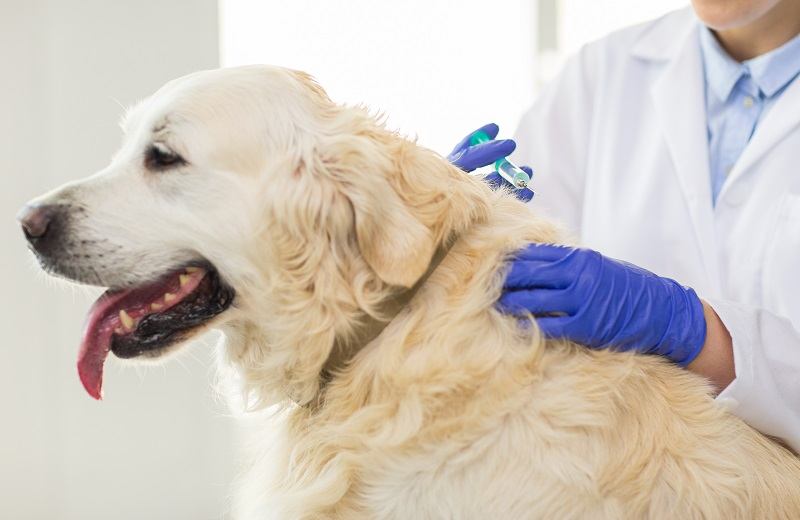
7. Ask Your Friends and Family for Help
Please don’t panic if you find out you’re going to be deployed. You’ll be surprised how people will step up to help our military. It’s also the best way to ensure your pet will experience the least amount of stress. The chances are that they already know your friends and family members. They may feel more comfortable with someone they already know than a stranger.
Someone close to you probably knows how you interact with your pet. It can be an easier segue. Remember that animals are intelligent and keenly aware of their world. Changes in the routine can stress some pets unduly. If someone is willing, you may make the experience less traumatic for your animal companion.
8. Check Out Sittercity.com for Temporary Solutions
If you’re a member of the National Guard, you might not need a permanent solution for taking care of your pet. If you’re only going to be gone for a short time, Sittercity.com might offer a great way to take care of your dog or cat by matching your needs with a sitter who can provide what you want. You can get a free membership as a member of the military.
The company does all the necessary background checks so that you know you’re contracting with a qualified individual.
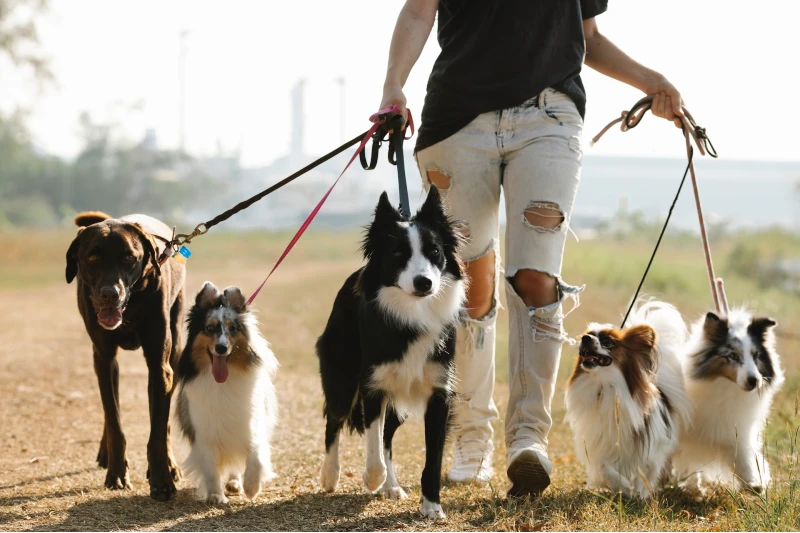
9. Find a Foster Home Through an Organization Specializing in This Work
Several volunteer organizations exist that can match you and your pet with an appropriate foster family. They specialize in this service and understand the unique needs of people in this position. They may even be able to offer you extra advice and tips to make pet care less stressful while you’re away. Organizations worth a look include the following:
10. Look into SPCA International for a Permanent Change-of-Station (PCS)
SPCA International’s Operation Military Pets program has a long history of ensuring military personnel and their pets stay together despite the challenges of their career. The organization can help with moving expenses, including keeping your dog or cat stays with you. The last thing you need is to be forced to give up your pet when you’re going above and beyond for our country.
Their services extend to refugees and emergency medical assistance. The organization ensures you always have someone in your court, whether or not it is pet-related.
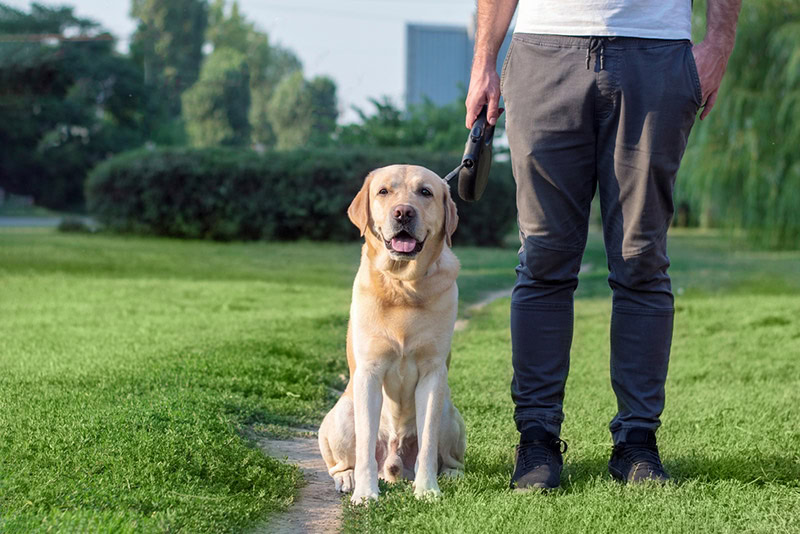
11. Check Out Affordable Ways to Transport Your Pet for a PCS
Sometimes, it’s easier to transport your pet to a new home on public transportation so that you can focus on your PCS. It’s worth noting you can take your small dog or cat with you on the train with Amtrak. Another option is the Patriot Express on Air Mobility Command (AMC) flights. Spaces are limited, but they’re cheaper than commercial flights.
12. Don’t Forget About On-Post Military Veterinary Facilities
The military recognizes the incredible contribution of our pets to the service of our country. Is it possible to forget the heroic acts of canines, such as Stubby during World War I, or the ultimate sacrifice of the Devil Dogs during World War II? We take care of our heroes with affordable veterinary services provided by on-post facilities. We also suggest asking your local vet about military discounts.
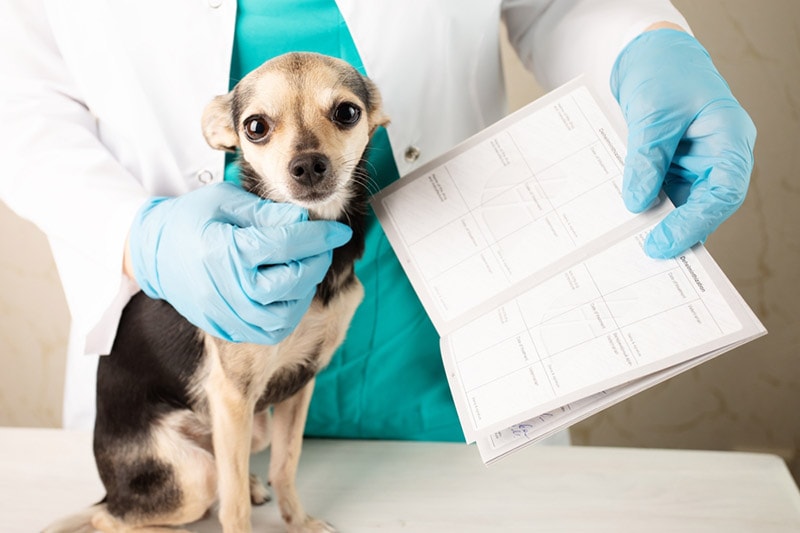
 Conclusion
Conclusion
Military personnel have more resources and support than they may have had in past generations. We are keenly aware of the sacrifices these brave individuals make to ensure the safety of our country. Many organizations go the extra mile to offer discounts and specialized services. You’ll find plenty of support to make sure your pet has everything it needs while you do your duty.
Featured Image Credit: Pikist

